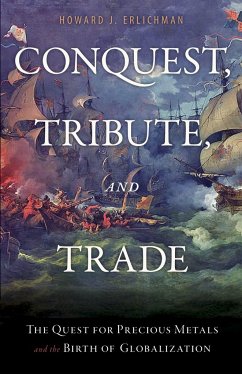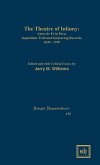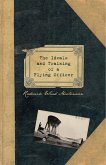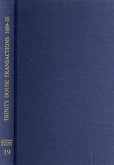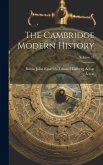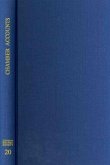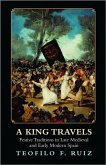We in the 21st century like to think of our time as the era of globalization. In fact, the birth of that era took place some five hundred years ago-as the author shows in this fascinating, original work of economic history. He traces the roots of globalization to the rapacious pursuit of gold, silver, and copper in the 16th century, when empires were won and lost based on their ability to find, exploit, or control increasingly large volumes of mineral wealth. This book tells the story of how the closely-related states of Portugal, Spain, and the later Dutch Republic were able to check the powerful Ottoman Empire, supersede the great Italian city-states, and overturn centuries of Muslim commercial domination in Africa and Asia. Their phenomenal rise to power was achieved mainly through the exploitation of mineral resources in Central Europe, Africa, the Americas, and Japan. The lively narrative includes larger-than-life characters-the epic voyagers Columbus, Da Gama, and Magellan; the great Iberian monarchs and their merchant bankers; and conquistadors like Cortes and Pizarro-as well as obscure entrepreneurs who scoured the globe for precious metals, introduced important new technologies, and made the first European visits to Japan and New York harbor. The author documents how the mineral wealth that funded the first global empires was dissipated in a series of never-ending wars in Europe, culminating in a succession of Spanish state bankruptcies, the defeat of the Spanish Armada, and the rise of the Dutch Republic in the northern half of the Spanish Netherlands. This engrossing popular history makes many intriguing connections between sources of economic wealth and the rise of empires, showing that the forces of globalization have been five centuries in the making.
Hinweis: Dieser Artikel kann nur an eine deutsche Lieferadresse ausgeliefert werden.
Hinweis: Dieser Artikel kann nur an eine deutsche Lieferadresse ausgeliefert werden.

